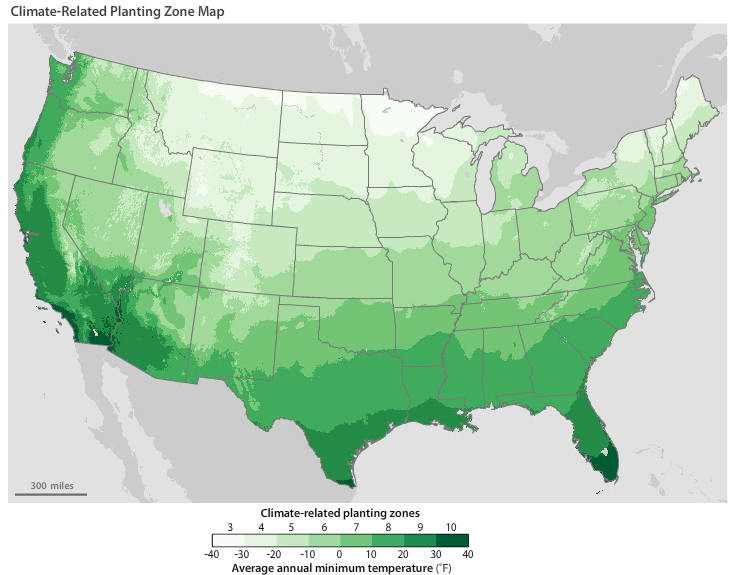Summer 2011: An introduction
By Laura Poppick, Assistant Editor
With summer in full swing, Mainers are relishing in the sumptuous seasonal fruits and veggies now available at farmers markets and local grocery stores across the state. Earlier this month, I was overcome by the sweet aroma of fresh strawberries at Rosemont Market in Portland. With my arms full of Maine grown spinach, tomatoes, and green beans, I didn’t have the chance to grab a quart from the towering strawberry shipment. I went back the next morning, only to find them nearly gone. Mainers don’t hesitate to indulge in these seasonal treats.
But, in the wake of climate change, I wonder how our seasonal cravings will shift through the 21st century. Will new crops that previously could not withstand Maine’s climate start to appear at our farmers markets? Will old favorites start to disappear?

This month, members of the National Oceanic and Atmospheric Administration reported that they have, in fact, documented a recent northward shift in U.S. climate zones, and have updated their Climate-Related Planting Zone Map accordingly. It looks like we are already on our way toward a future crop shift in Maine.
In this issue of Maine Climate News, we explore the implications of climate change on Maine agriculture. Visit the Climate Highlights: Climate Change and Agriculture in Maine section to see how climate change may affect Maine’s wild blueberry industry, in particular. For a look at how Maine scientists are helping farmers prepare for change, check out the Research Highlights: Crop-Specific Water Requirements and Preserving Water Resources section where Cooperative Extension horticulturalist Katherine Garland talks about her research on crop-specific water requirements.
Also, feast on our new Maine Climate News Blog, updated weekly with short articles on basic climate science and related recent findings. For further climate information, see our recently updated Resources page.
Enjoy, and happy summer eating!
